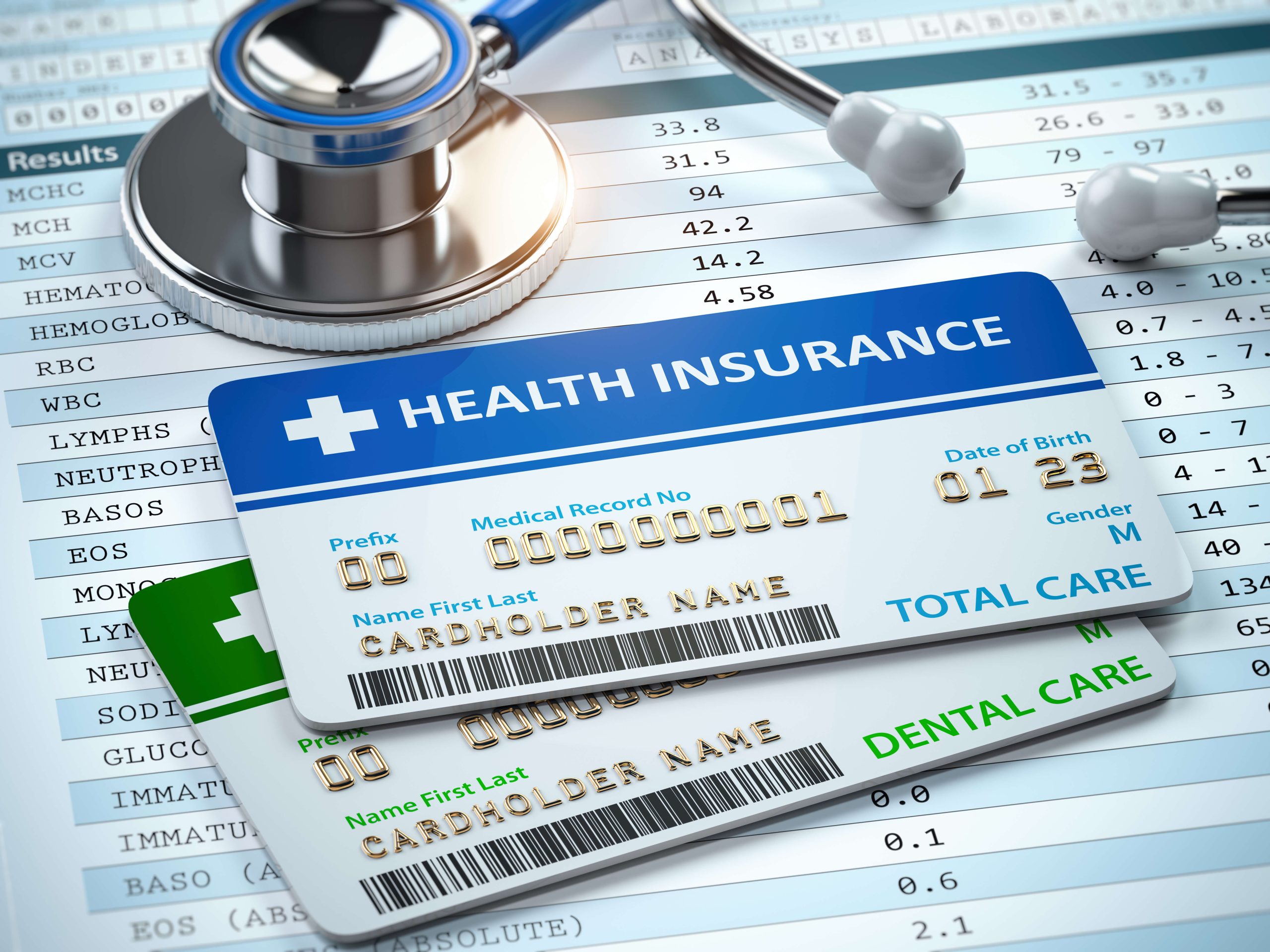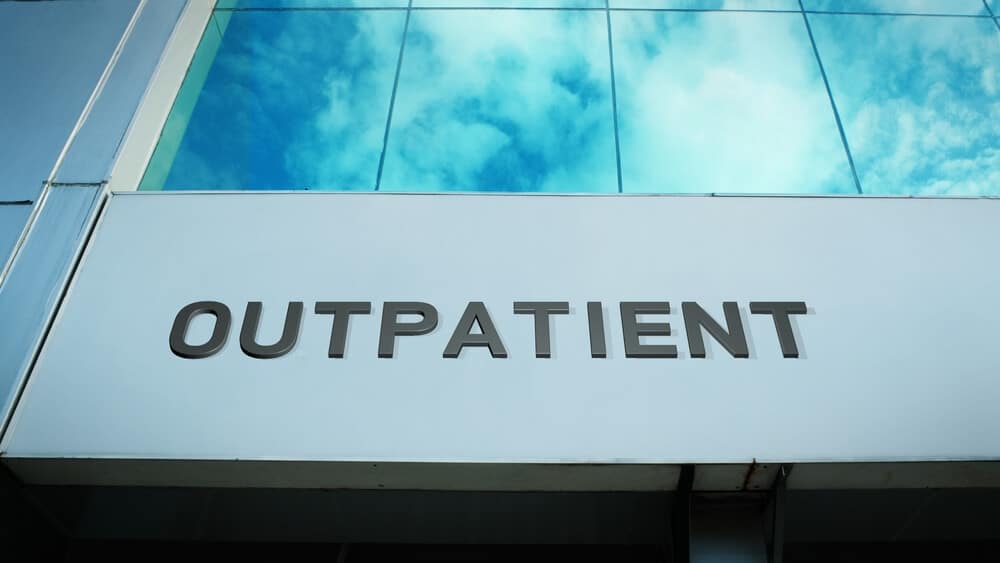Dual Diagnosis & Co-Occurring Disorders: What’s the Difference?
Often, individuals who require treatment⚕️ for drug💊 and alcohol 🍾 addiction are diagnosed with a dual diagnosis or co-occurring disorders. According to the Substance Abuse and Mental Health Services Administration (SAMHSA) 2019 National Survey on Drug Use and Health, nearly 50% of individuals with a serious mental illness reported engaging in drug or alcohol abuse. So, what is the difference between the terms “Dual Diagnosis” and “Co-Occurring Disorders”?

What Is a Dual Diagnosis?
The term “dual diagnosis” refers to having two or more conditions simultaneously, as distinct diagnoses. It is also appropriate when more than two conditions exist. For example, a person could be diagnosed with both a mental disorder and a substance use disorder, or both diabetes and high blood pressure.
Dual diagnosis was first used in the 1980s to refer to individuals with severe mental illness and substance use disorders. Today, the Substance Abuse and Mental Health Services Administration (SAMSHA) prefers the term co-occurring disorders. For people with addiction, physical problems that might merit a dual diagnosis include:
- Hepatitis B infections
- AIDS infections
- Heart disease
- Cancer
- Lung scarring
- Chronic constipation
- Tissue death
- Mental illness
Arguably, these are all things that could be caused by drug abuse, but they are separate physical diagnoses. They could fall under the heading of a dual diagnosis.
Dual Diagnosis Quick Facts:
- The more severe the mental illness, the higher the risk for a substance use disorder (SUD).
- Males aged 18 to 44 are at the greatest risk for a dual diagnosis of mental illness and SUD.
- Alcohol is the most commonly used substance by people diagnosed with mental illnesses, followed by marijuana and cocaine.
What Is a Co-Occurring Disorder?
A co-occurring disorder, like dual diagnosis, refers to two conditions that occur at the same time. More specifically, it usually refers to co-occurring substance use disorders and mental illness. Sometimes, dual diagnosis and co-occurring disorders are used interchangeably, but there is a difference. Dual diagnosis was first identified in the 1980s among individuals with coexisting severe mental illness and substance abuse disorders. Today, the Substance Abuse and Mental Health Services Administration (SAMSHA) uses the term co-occurring disorders (COD) to refer to the aforementioned concurrent disorders. COD is defined as co-occurring substance-related and mental disorders. it is important to understand that the “co-occurring disorder” term is used almost exclusively in reference to a mental health issue that comes as a result of, or contributes to, an addiction to drugs or alcohol.
To be diagnosed with a co-occurring disorder, both conditions must exist independently: Neither can simply be a cluster of symptoms caused by the other. In this case, either substance use or mental illness can present first. Interactions between the two disorders can worsen the course of each of them. The most common combination is a severe substance use disorder and a mild-to-moderate severity mental disorder. For example, having an alcohol use disorder (AUD) along with attention deficit disorder (ADD) or anxiety disorder.
Substance Use Disorders.
A substance use disorder includes:
- alcohol or drug abuse
- alcohol or drug dependence
Alcohol or drug abuse is diagnosed when substance use interferes with functioning at work, at school, and in social relationships. It is also diagnosed when substance use creates or worsens a medical condition or when substance use occurs in dangerous situations.
Alcohol or drug dependence is a more severe condition than alcohol or drug abuse. In addition to facing more negative consequences, people with dependence have failed in their attempts to abstain from or control their use of substances. In some cases, physiological dependence may also exist, which is indicated by heightened tolerance (needing more of a substance to get the same effect) and withdrawal (experiencing symptoms such as tremors or nausea when substance use has stopped).

Mental Health Disorders.
Some of the most common mental health disorders found in chemically dependent people include mood- and anxiety disorders. An even higher percentage of people with severe mental illness also have co-occurring substance use disorders. Called severe because of the severity and length of episodes of illness, these mental health disorders include schizophrenia and schizoaffective disorder. (These latter two disorders with their symptoms of hallucinations or delusions are also sometimes called thought disorders.)
Click on the following groupings to find more information about these mental health disorders:
Mood-elated Disorders
- Major depression
- Dysthymia
- Bipolar disorder
Severe Mental Illness
- Schizophrenia
- Schizoaffective disorder
Anxiety-related Disorders
- Post-traumatic stress disorder
- Panic disorder
- Social anxiety
- Generalized anxiety disorder
- Obsessive-compulsive disorder
Outpatient Mental Health Treatment
Individuals diagnosed with co-occurring disorders often need more intense treatment due to the complexity of their case emphasizing the importance for clinicians to provide effective and efficient treatment to these patients. Individuals diagnosed with co-occurring disorders face greater consequences from substance abuse compared to those patients diagnosed with only a mental illness such as schizophrenia or bipolar disorder.
To provide appropriate treatment for co-occurring disorders, the Substance Abuse and Mental Health Services Administration (SAMHSA) recommends an integrated treatment approach, as we provide at Overland IOP and PHP. Integrated treatment involves coordinating substance abuse and mental health interventions, rather than treating each disorder separately without consideration for the other. Integrated treatment often involves forms of behavioral treatment, such as cognitive-behavioral therapy or dialectical behavior therapy, that can help improve coping skills and reduce maladaptive behaviors. These may be used in combination with medication. Treatment may also entail collaboration between clinicians and organizations that offer support in handling issues related to housing, health, and work. As a part of programs that treat co-occurring disorders, psychoeducational classes can help increase awareness of the symptoms of disorders and the relationship between mental disorders and substance abuse. Relapse-prevention education can help clients become aware of cues that make them more likely to abuse substances and help them develop alternative responses.


At Overland Intensive Outpatient, our philosophy is to help treat mental health by uncovering the underlying causes and addressing the co-occurring disorders which could drive the individual to relapse. We understand that every person who enters our doors comes with unique needs and goals. Our experienced clinicians will work one-on-one with clients to develop a comprehensive treatment plan using evidence-based methods. Overland Intensive Outpatient is ready to provide both in-person and virtual care (telehealth services) to expand access to essential health services and meet the health needs of our patients. If you need FREE help please contact the National Helpline about mental and/or substance use disorders, prevention, treatment, and recovery in English and Spanish.
Published: October 05, 2022
Last Updated: July 09, 2025

Published: January 27, 2026
What Is DPD? Understanding Dependent Personality Disorder
Most people don’t ask, “What is DPD or Dependent Personality Disorder?” They come in feeling drained, anxious, and stuck in relationships that feel restrictive yet hard to leave. Being alone feels unsettling. Decision-making feels paralyzing. Reassurance becomes a daily necessity rather than a comfort. At Overland IOP in Los Angeles, we often see Dependent Personality […]
Read more
Published: January 18, 2026
IOP Program Requirements: What to Expect?
If you’re exploring an Intensive Outpatient Program (IOP), one of the first questions that usually comes up is simple but important: Do I qualify—and what does an IOP actually require? At Overland IOP, IOP is designed for people who need structured, consistent support for mental health and/or substance use—but who don’t require 24/7 residential care. […]
Read more
Published: December 15, 2025
Behavioral Health During the Holidays: Managing Stress, Anxiety & Emotional Triggers
Why the Holidays Are Harder Than They Look? For many people, the holiday season is portrayed as joyful and restorative. In reality, December is one of the most emotionally challenging months of the year, especially for individuals navigating mental health conditions, substance use recovery, or emotional regulation difficulties. According to the National Alliance on Mental […]
Read more
